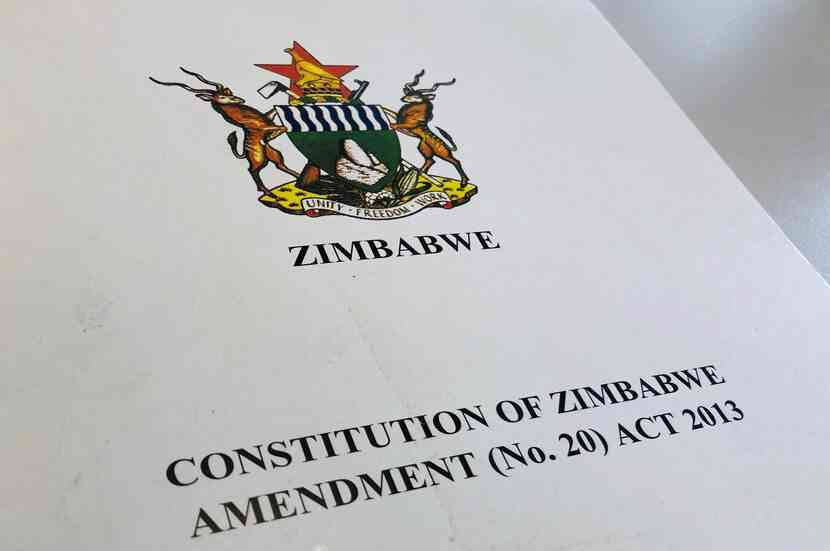
SENIOR government officials, including cabinet ministers, permanent secretaries, and directors, are siphoning millions of dollars from state-owned enterprises by coercing them into funding luxury lifestyles, from high-end vehicles and overseas travel to DSTV subscriptions, gym memberships, and hotel bills.
The looting spree, exposed in documents obtained by the Zimbabwe Independent, is draining already loss-making parastatals and worsening the burden on taxpayers — many of whom earn meagre salaries and are subjected to more taxes.
The scandal has triggered alarm at the highest levels of government.
The Office of the President and Cabinet (OPC) has issued a damning directive, warning that the unauthorised expenditures are compromising corporate governance, undermining service delivery, and placing unsustainable pressure on public finances.
According to the OPC’s Corporate Governance Unit, the abuse is now “widespread and systemic”, with ministries treating line parastatals as personal cash machines to bankroll perks, foreign junkets, and petty projects — all outside approved budget frameworks.
This flagrant corruption taints the government’s handling of money — something that has been a red flag for many years.
However, the crackdown marks a significant policy shift in government’s approach to curbing mismanagement and restoring accountability within its sprawling network of state enterprises, many of which are already under severe financial strain.
“The Corporate Governance Unit has observed that an increasing number of state enterprises and parastatals are facing challenges with regard to increasing requests for financial and material support from their line ministries,” the document reads in part.
- We’re being persecuted for giving girls a voice
- New NSSA boss reads riot act
- Govt, Potraz in dogfight over control of telecoms fund
- Muckracker: The sandy journey to democracy
Keep Reading
In some instances, public entities were strong-armed into purchasing luxury vehicles for ministry executives, underwriting costly foreign delegations, or financing “social responsibility programmes” unrelated to their core mandates, all under the guise of inter-ministerial collaboration.
“The requests for support from line ministries range from financial support, donations, payment of foreign and domestic travel costs such as purchase of airline tickets, payment of hotel accommodation, fuel, out-of-pocket allowances, travel and subsistence allowances, car rental,” the document further states.
“Funding line ministry social responsibility programmes; payment of DSTV subscriptions; payment of club, gym membership; stationery; computer hardware and accessories purchases, and procurement of vehicles.”
The directive invokes Section 23 of the Public Entities Corporate Governance (General) Regulations, Statutory Instrument 168 of 2018, which explicitly prohibits the misuse of public resources and holds executives and board members personally liable for unlawful expenditure.
While the government previously issued a similar caution in 2019, this latest move signals frustration at the apparent intensification of the abuse, and a stronger appetite within the OPC to enforce legal and disciplinary consequences. The CGU warned in a circular dated June 17, 2025, that the proliferation of these requests now posed a direct threat to corporate governance, transparency, and public service delivery.
Analysts say the revelations expose a deeper rot in Zimbabwe’s public sector governance culture, where state enterprises, already plagued by mismanagement, political interference and corruption, have increasingly been treated as cash cows for senior officials.
“These payments are often requested by line ministries notwithstanding that line ministries funding is provided through the Treasury national budget as approved under parliamentary process with the assent of His Excellency, the President of the Republic of Zimbabwe,” it states.
“Board chairpersons, board members, chief executive officers and senior staff members of public entities are reminded that if these practices are allowed to persist, they will undermine good corporate governance, and stewardship of public resources across our public entities, and hence their financial performance and service delivery to the citizenry.”
The regulation makes it clear: any executive, board chairperson or senior manager who acquiesces to these demands may be held personally liable.
The statute places an obligation on all public entities to reject unlawful instructions and report them directly to the CGU for scrutiny.










